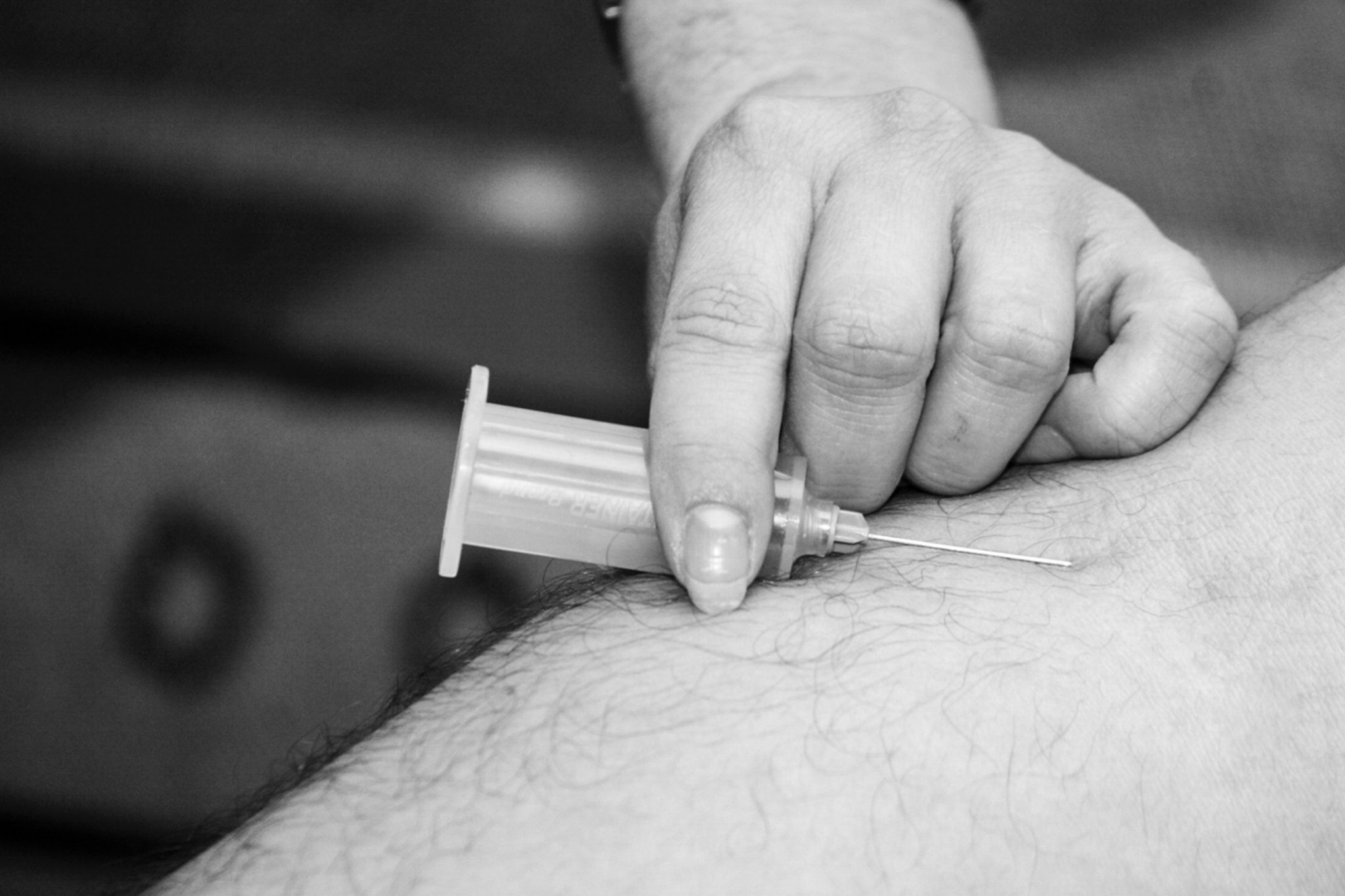According to the DSM-V, which is the diagnostic manual that we psychologists use, a phobia is a persistent and irrational fear of an object, situation, or specific activity that leads to avoidance of the same. In this article, we will explain the characteristics of the phobia of needles and its repercussions for treatments for assisted reproduction.
Belonephobia
The fear of needles, or “belonephobia,” is an irrational fear of needles. In some cases, this fear can impede one’s daily functioning. Even though the use of needles in medical procedures can cause some pain, the fear that one with this phobia feels is disproportionate. The phobia is an anxiety disorder that leads people to avoid going to the doctor or dentist for fear of receiving an injection. This type of phobia is more common than we might think, and it is actually one of the foremost reasons for which people seek the help of clinical psychologists.
Origin
Fears are conditioned responses in which concrete experiences produce changes in our manner of thinking and acting. Our experiences teach us what helps us and what hurts us. Past events serve as guides for the future. For that reason, the fear of needles tends to develop either from a direct traumatic experience with a needle or through observation of someone else who exhibits the same intense fear.
Triggers
Some situations that trigger anxiety are related to seeing needles in person or on television. Going to the dentist or the doctor, smelling a hospital product, or needing to get blood work done can all give rise to anxiety, too.
Symptoms
Among the symptoms that people with the fear of needles experience are dizziness, sweating, headaches, palpitations, nausea, and shortness of breath. Fainting is also common in these situations, and people who have fainted upon seeing needles can then develop the fear of fainting. This fainting, which is very related to the fear of blood (hematophobia), is known as “vasovagal syncope.”
Vasovagal syncope is provoked by overstimulation of the vagus nerve. After an intense emotional reaction (in this case, fear), the vagus nerve produces decreases in both one’s heart rate and blood pressure. These drops decrease blood flow to the brain and result in a subsequent loss of consciousness. Before fainting, a person with this condition experiences sensations of dizziness, sweating, and paling of the face. In some cases, the person has no awareness of being about to faint.
Fertility
The fear of needles is particularly present in certain moments of one’s life, like when one has to receive a vaccination or have blood drawn. For some people, the fear is so great that they decide to live with it and avoid the fear-inducing situations. On some occasions, however, circumstances outside of our control absolutely necessitate that we receive medical treatment. Such is the case with infertility, which is to say, when we want to become parents but can’t achieve pregnancy on our own.
Assisted reproduction
Among the diverse treatment options that exist for assisted reproduction are artificial insemination and in vitro fertilization. In the majority of these options, ovarian stimulation is necessary. Ovarian stimulation consists of the induction of multiple ovulation by means of hormonal medication. Although alternatives exist, the most common procedure is the self-administration of hormones through subcutaneous injections. During an irregular menstrual cycle, the follicles begin their development in an ovary. When one of them reaches a bigger size than the rest, it inhibits the development of the others.
With ovarian stimulation, the goal is to develop multiple follicles until they mature in the same menstrual cycle. Normally, one administers the medication oneself, but some people prefer that their partners or family members carry out the procedure. Additionally, during this phase of the fertility treatment, medical professionals in the assisted-reproduction clinic conduct blood analyses to determine the growth of the follicles. Taking this into account, we understand why a person with the fear of needles who has begun fertility treatment could experience anxiety upon reaching the stage of ovarian stimulation.
Psychological treatment for the phobia of needles
It is important that, if you have a phobia of needles, you communicate with your gynecologist so that s/he can explain to you your treatment options. The psychological treatment of choice in the case of a severe fear of injections is systematic desensitization. The technique, conceived by Joseph Wolpe, is based on the combination of learning about relaxation techniques and gradual exposure to stimuli that generate anxiety (needles, clinical staff, cotton swabs with alcohol, etc.). The process is guided by a therapist.
Given that maintenance of the phobia is facilitated by the continued avoidance of situations that generate anxiety, confronting these situations is key so that the fertility treatment can be effective. In this article, you can see the steps to take to overcome a phobia.
If you think you need help, you can put yourself in touch with ifeel. On our team, we are proud to rely on specialized psychologists who will help you with this and other problems.











